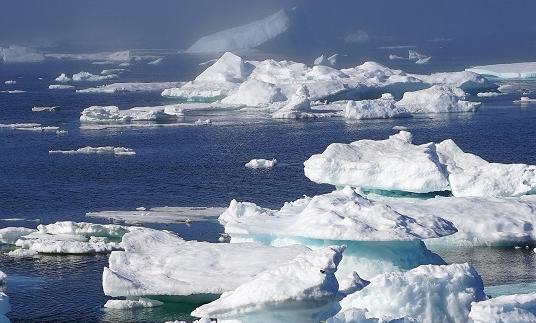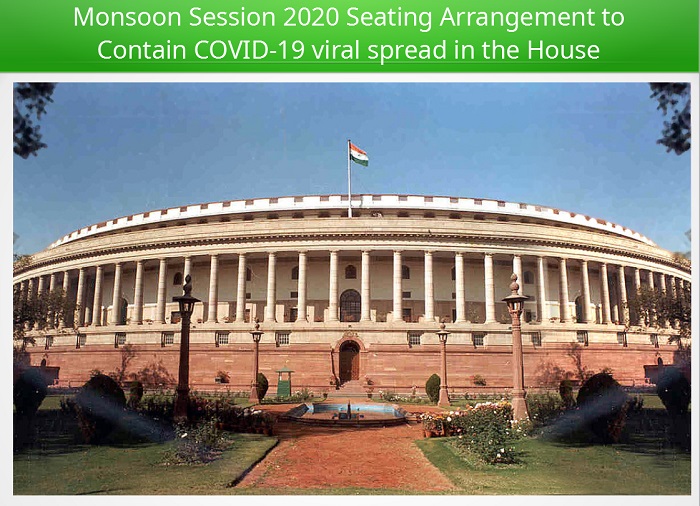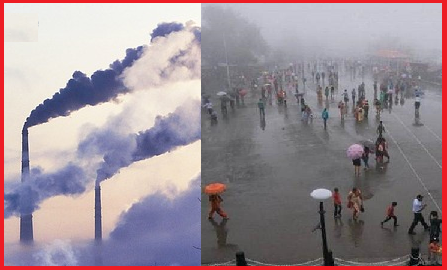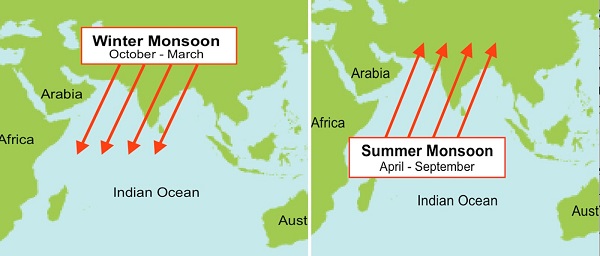Updated By: LatestGKGS Desk
Climate Change Research: Indian Monsoon affects Arctic Polar Ice

Research on Indian Monsoon link with Arctic Polar ice melting and Climate Change
Scientists reorganized the heat changes in the Arctic region over the last two centuries for this study. According to research by scientists, climate change in polar regions is doubling from the global average.
Scientists found that glacier melting driven by climate change has increased in the past two centuries. Due to these geographical changes in the Arctic region, the balance of the state and the Earth's climate system has been projected to significantly change.
Scientists studied the sediment of the Arctic region to detect the presence of organic carbon and other substances. Growing glaciers in the Arctic have reduced the availability of light and thus decreased productivity, resulting in the lesser presence of biological carbon.
In the year 2010-11, the NCAOR started the Indian campaign for South Dhruv first. In addition to 'friendship' in Antarctica, India now has the research base 'Hemadri' in the Arctic. The new research base 'Bharti' has been built in East Antarctica.
As a result of research, it was found that in the Arctic region ice melting continued each year except for 1840 and 1900. In the Arctic region, ice melting has started in climate change since 1840 and has seen the fastest growth since 1970.
According to researchers, changes in sea level due to the melting of the sea have also seen changes in the monsoon of India, especially in southwestern India's monsoon.


